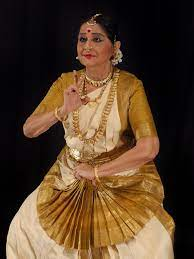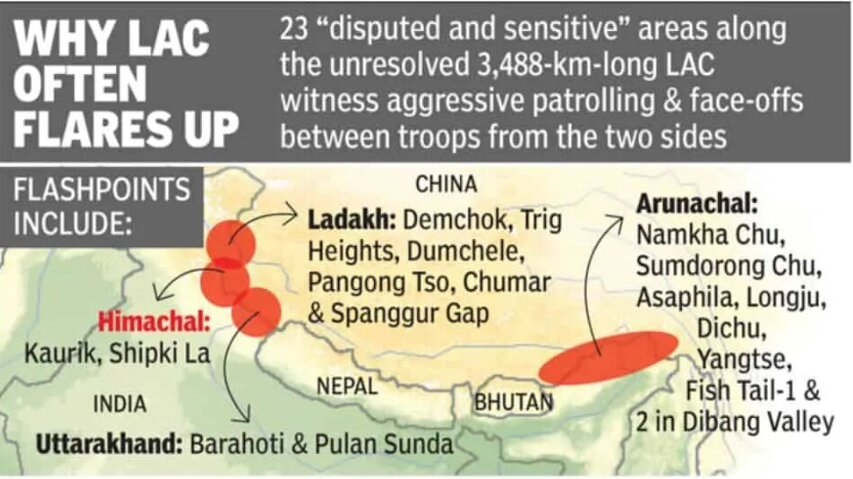Rapid Fire Current Affairs | 23 Feb 2023
Anopheles Stephensi: Deadly Malaria Species
A deadly malaria vector from Asia has been detected in Kenya. Kenya is now the sixth and latest country in Africa to report an invasion of the deadly malaria species.
Anopheles Stephensi originated in Southeast Asia, West Asia and the Arabian Peninsula. The species has been expanding its geographic range over the last decade, with detections in Africa first reported in Djibouti (2012), Ethiopia and Sudan (2016), Somalia (2019), and Nigeria (2020). It also poses a significant threat because, unlike other main malaria-causing mosquito vectors that primarily breed in rural areas, Anopheles Stephensi is highly adaptive and can thrive in urban environments.
Malaria is a life-threatening mosquito borne blood disease caused by plasmodium parasites. It is predominantly found in the tropical and subtropical areas of Africa, South America as well as Asia. It is preventable as well as curable.
In India, malaria elimination efforts were initiated in 2015 and were intensified after the launch of the National Framework for Malaria Elimination (NFME) in 2016 by the Ministry of Health and Family Welfare.
Read More: Initiatives to Curb Malaria
Kanak Rele
Recently, the Classical dance legend Kanak Rele and the Mohiniyattam (classical dance form from the state of Kerala) exponent, who was awarded the first Guru Gopinath National Puraskaram of the Government of Kerala passed away.
In 1973, Dr. Rele established the Nalanda Nritya Kala Mahavidyalaya and Nalanda Dance Research Centre offering undergraduate, post-graduate and Ph.D degrees affiliated to the Bombay University. In 1977, she earned her Ph.D in dance, the first in India. Her doctoral thesis was titled, ‘Mohini Attam: All aspects and Spheres of Influence’. She was awarded with various awards like Padma Shri (1989), Sangeet Natak Akademi Award (1994), M. S. Subbulakshmi Award, Kalidas Samman (2006). Later in 2013, she was conferred the Padma Bhushan.
Read More: Indian Classical Dances
26th Meeting of WMCC
For the first time since the India-China border stand-off began in 2020, India visited Beijing for the 26th meeting of the Working Mechanism for Consultation & Coordination on India-China Border Affairs (WMCC). This was the first in-person WMCC meeting since the 14th meeting held in July 2019.
The WMCC was established in 2012 as an institutional mechanism for consultation and coordination for management of India - China border areas, as well as to exchange views on strengthening communication and cooperation, including between the border security personnel of the two sides.
The two sides reviewed the situation along the Line of Actual Control (LAC) in the Western Sector of India-China border areas and discussed proposals for disengagement in the remaining areas in an open and constructive manner, which would help in restoration of peace and tranquillity along the LAC in Western Sector and create conditions for restoration of normalcy in bilateral relations.
Read More: India-China Relations
Minimum age for Admission
The Union ministry of education has directed all states and Union territories to fix the minimum age for admission in Class 1 as six years in line with the National Education Policy (NEP) 2020.
The foundational stage, according to NEP-2020, consists of five years of learning opportunities for all children (between 3 to 8 years) that includes three years of preschool education followed by Classes 1 and 2. NEP 2020 promotes seamless learning and development of children from pre-school to class 2.
It has also advised states to initiate the process of designing and running a two-year diploma in preschool education (DPSE) course in their respective jurisdiction. The course is expected to be designed by the State Council of Educational Research and Training (SCERT) and run or implemented through District Institute of Education and Training (DIETs) under supervision and hold of SCERTs.
Read More: National Education Policy 2020


